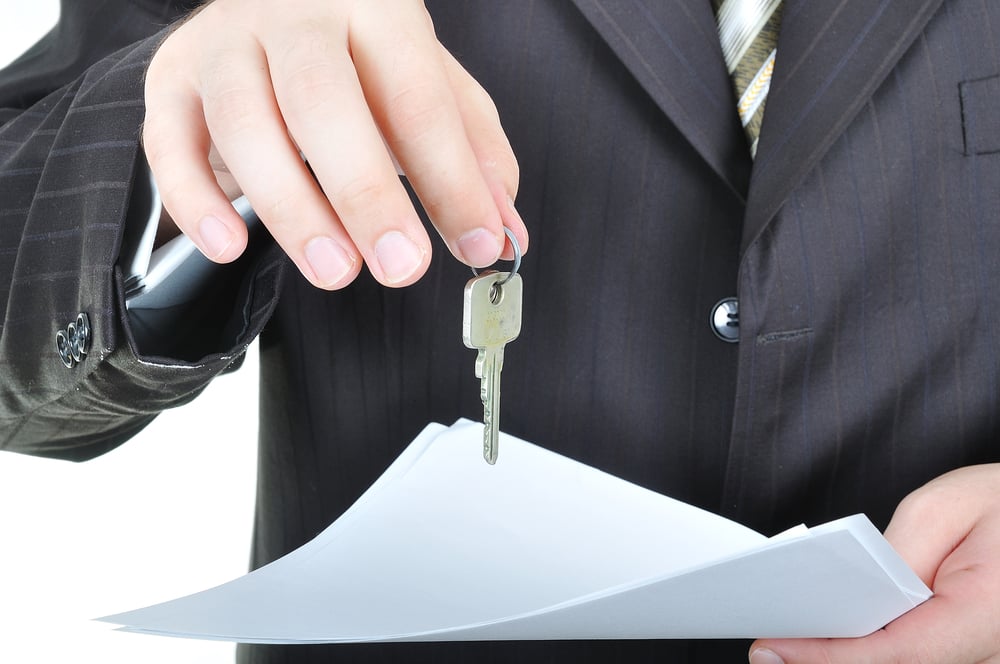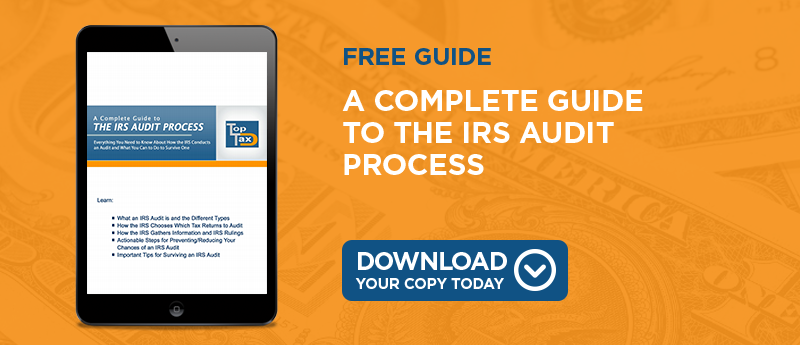
Do you own a rental property? Are you currently leasing or looking to lease it to someone? If so, you may be eligible for certain tax deductions based on the expenses you incur during the course of your rental business. However, you'll need to acquaint yourself with several provisions in the IRS tax code to make sure that you claim your expenses correctly, document them properly, and adjust them as necessary.
Tax Deductions for Landlords
The IRS has provided several tax deductions for landlords and rental property owners. Most of these are related to the normal operation of a rental business. For example, you can write off the cost of any repairs you make to the property. The key is that these repairs can only be deducted if they are performed to restore the property to its original condition. Some examples of qualified repair expenses would be replacing a broken door, repairing a leaky pipe, or changing a door lock.
You can also deduct any relevant mileage you accrue as you operate your business. This might apply if you have to travel to show the property to prospective renters or if you must attend a legal hearing related to a tenant dispute. The IRS allows landlords to claim either their actual mileage expenses, including the cost of gas and vehicle maintenance, or a standard rate per mile.
If you are using a part of your home to manage your rental business, you may be eligible to take the home office deduction. The main requirement for this deduction is that the space you are using must be regularly and exclusively used for business. If you are using a laptop on the kitchen table to balance your receipts, then you won't qualify for the home office deduction.
Tips for Claiming Depreciation
There is one tax situation that may catch some landlords unawares: depreciation. As mentioned above, you can write off the cost of property repairs. You cannot, however, write off the cost of any improvements you make to the property. Instead, these costs must be depreciated, or deducted slowly over a period of years. According to the Internal Revenue Service, a repair qualifies as an "improvement" when it adds value to the property, rather than restores the original value.
Another caution involving depreciation occurs when you sell the property. If you are fortunate enough to sell your real estate at a higher price than its current value, you may be required to go back and "recapture" some of the depreciation you claimed earlier, which could result in a higher tax bill than you expect.
As you go through the tax year, keep good records of all of your relevant rental business expenses. If you do, you'll be able to claim your landlord tax deductions without worrying about receiving an IRS tax audit notice.




